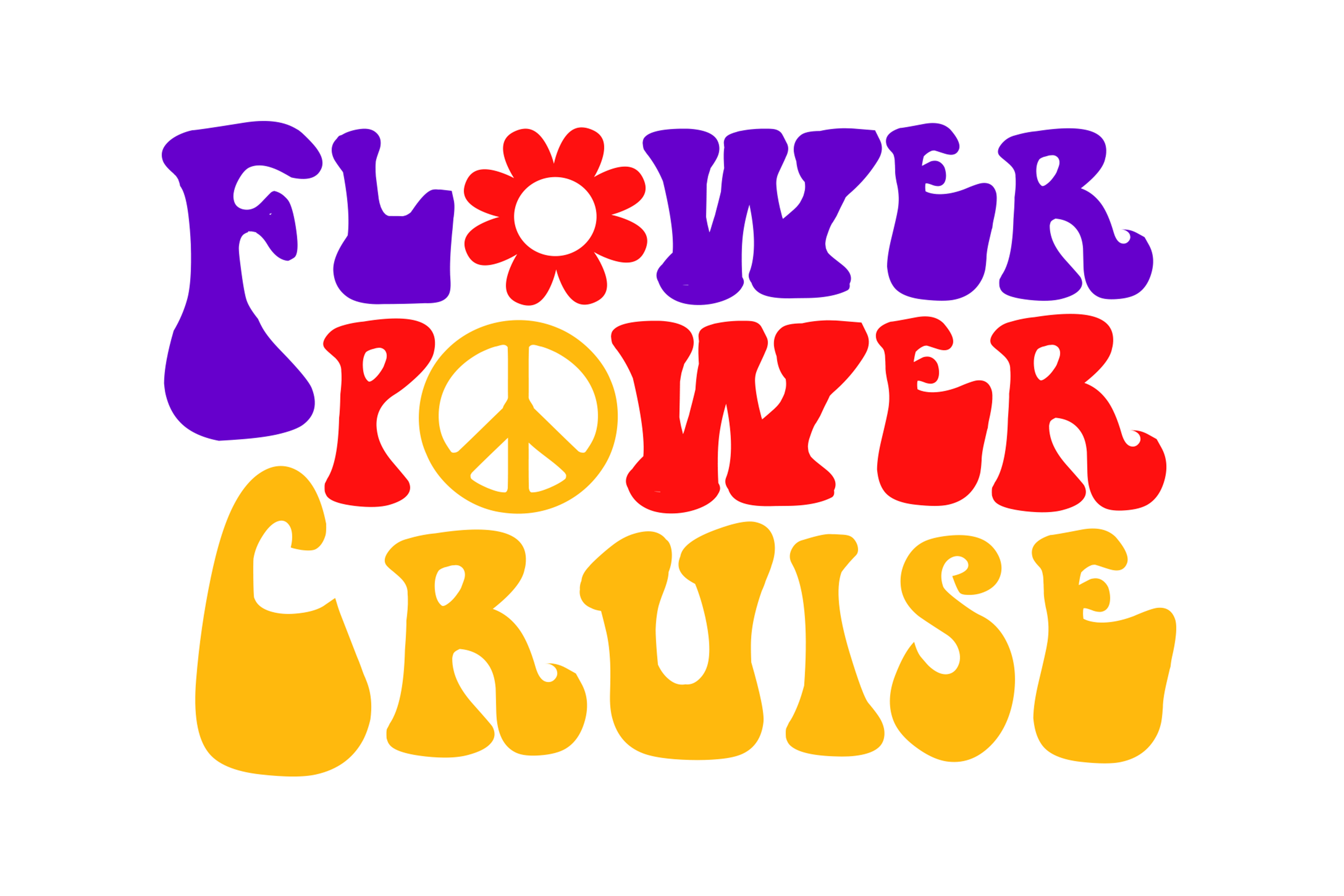Bell Bottom Bulletin Checks in on Spencer Davis

From the gloom of Wales during the Second World War to the eternal sunshine of Catalina Island off California’s southern coast. That’s Spencer Davis’ journey. In between are some of the greatest records of the Flower Power era, “Keep on Running,” “Gimme Some Lovin’,” “I’m a Man,” and “Somebody Help Me.” Those records introduced us to Steve Winwood, but make no mistake, the Spencer Davis Group was Spencer Davis’ group. Vestiges of Spencer’s Welsh accent still inflect his booming baritone voice, but he has been in the United States a long time and has no desire to return, at least to live. “No regrets,” he says about his decision to move here many years ago.
During a long conversation with Bell Bottom Bulletin, Spencer revealed that he owns the most famous dog on Catalina Island. “I was walking down Catalina Street in Avalon, and on the left-hand side towards the ocean and there’s a Vons Express,” he said. “I had three $5 bills in my pocket and I was going to the Marlin to have a hot chocolate…but the dog kind of got used to diving into the mini Vons because there’s a girl there who always gives him a treat. So I threw the three $5 bills in the scratcher machine just for the hell of it. The first two came back and I got my money back. The third one, I never scratched the numbers, I just scratched the bar code and read the bottom and it came back and it said ‘$250,000. File report.’ I’m not sure I was ever the most famous being on the island, but now it’s my dog.”
We caught up with him at home getting over some medical problems that caused him to miss the opening leg of the Happy Together tour. He joins the tour on July 11 in Santa Barbara, and rattles off the remaining dates. It sounds exhausting for guys half his age, but he’s looking forward to it. And then he’s joining us on the Flower Power Cruise.
Blues and R&B inspired a generation of British kids who later formed bands. Why did American roots music appeal to you and your contemporaries so much?
There was a guy who kinda started it all. His name is Chris Barber. He had a New Orleans-style jazz band. For part of the show, Barber would play bass and a guy called Lonnie Donegan would sing. They’d do songs by blues singers like Big Bill Broonzy, Leadbelly, and Willie Dixon. All the guys that well-known bands later ripped off! (laughs) directly or indirectly, Chris Barber influenced so many of us. Led us to that music. It was so exotic compared with what we had at the time. Then, later, you could pick up blues on the radio from American bases at one o’clock in the morning. We’d press our ears to the radio to hear it. When I moved to London, there was a record store on Charing Cross Road, Dobells, that had records imported from the States. I bought loads of them. Still have them. I just bought an analog to digital converter so I could play the records without damaging them.
You were a civil servant in London?
Yes! They had a form of the draft there then called National Service. It was pretty clear I would have to go to either Northern Ireland or Germany. I had no quarrel with the Irish and I had no desire to march up and down the Berlin Wall, so I joined the Civil Service. I guess that made me a draft dodger!
The Civil Service gave me £50 to take a course, and I spent it on a guitar. I went into a folk club and saw Long John Baldry, who had a guitar made by Tony Zemaitis. A beautiful 12-string guitar. I fell in love with it. Eric Clapton, Keith Richards, Ronnie Wood, we all had Zemaitis guitars. Sometimes it seems like I’ve had a charmed life. I found places like that where I was meant to be.
At one point, you were in a group with Christine Perfect, later Christine McVie of Fleetwood Mac?
I was. We played folk songs, like “Ballad of Springhill,” about the Springhill mining disaster in Nova Scotia, Canada. We did Leadbelly songs. She later did quite well, as you know.
Was there a moment when you realized that doing blues and R&B songs was an artistic dead-end, and you needed to generate your own songs?
I played the Golden Eagle club in Birmingham, England. I had a harmonica around my neck. I used to play Muddy Waters’ “Got My Mojo Working” and the crowd went ballistic. The owner said he’d give me a regular spot, so I knew I needed a band. I saw this group with Muff and Steve Winwood. Steve played piano like Oscar Peterson and sang like Ray Charles, and he was fifteen! We started the Spencer Davis Rhythm & Blues Quartet with Pete York. We had to play for two hours and we started running out of songs, so we started writing them out of necessity. Then Chris Blackwell of Island Records came to see us, and signed us to a contract. That was 1964.
One day, Chris Blackwell phoned me and played a vocal-piano demo over the phone. It was by a Jamaican guy named Jackie Edwards, and it was “Keep on Running.” He did it “ska” style. I said, “Oh, yeah!” We went into the studio. Steve had the same kind of fuzz pedal that Keith Richards had used on “Satisfaction.” Muff played a very heavy bass. I played Motown-style guitar. My late ex-wife was in the control room and she was jumping up and down. Jimmy Cliff was there that day and you can hear him in the chorus. That was our breakthrough. That was our epiphany.
Then you gave up the Civil Service?
I was teaching by then. I got in one morning from touring with Steve, Muff, and Peter. We got in around three o’clock and I had to be at school a few hours later. One of the students said, “Sir, you’re falling asleep.” I knew then I had to quit.
Was there camaraderie or competitiveness between the Spencer Davis Group, the Animals, the Stones, and other groups at that time?
Oh, camaraderie! When “Keep on Running” knocked “Day Tripper” from Number One in England, we got a telegram from the Beatles congratulating us. And of course we’d all listened to the same music. The Animals’ first record was John Lee Hooker’s “Boom, Boom.” Ours was John Lee Hooker’s “Dimples.”
You saw Jimi Hendrix back when no one outside a very small circle knew who he was. How was that?
He scared me to death, he was so good. Chas Chandler of the Animals managed him and invited me back to his place. I used a chord inversion that Jimi showed me that night. I put it into “I’m a Man.” An E7th with a G on top, in case you were wondering.
So much great music came out in such a compressed time-frame. You look at back issues of Billboard from the late 1960s and you’ll see several albums now regarded as classics coming out every week. Why was that, do you think?
It was played from the heart and soul. No pretensions. We weren’t doing it to get rich…and we didn’t. Our managers and agents bought mansions. We couldn’t afford to live in garden sheds.
You, Muff Winwood, and Paul Atkinson of the Zombies were some of the few artists to cross from the music to the business. How did it feel to be seated on the other side of the desk?
I was horrified at how artists were treated. Read my book when it comes out. There are stories! I was a language student, not a businessman. I trusted people. These days, if a kid comes to me for advice, I say, “If you create something, it’s yours.” Register it with the Library of Congress. Get a lawyer. Keep your hands on it; if not, it will be stolen.
What music are you listening to these days?
I still listen to blues. I love a lot of classic rock. I still love the Eagles.
Have you ever played on a cruise before?
I played on the QE2. I remember winning four thousand dollars in the casino, so I have a good memory of that! I live by the water in Avalon. I love boats. Love ships. Come and join us. It’ll be great!
- Colin Escott © 2016
